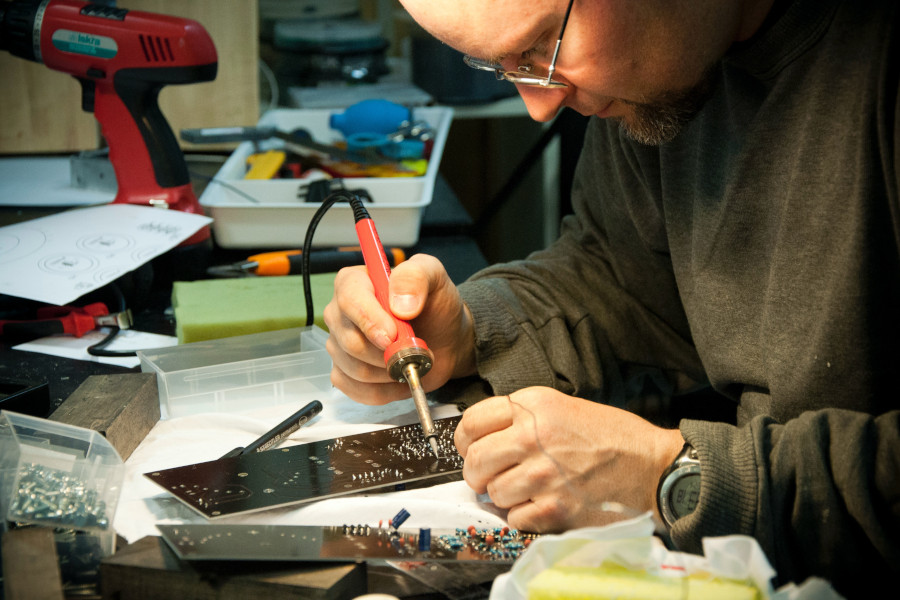
All of your equipment will need upkeep and servicing, and if the manufacturer’s guidelines are followed, they should last several years.
Although, there may be times when a piece of equipment malfunctions or breaks down completely. When it comes to avoiding costly downtime that might be caused by equipment failure and maintaining vital equipment, dental engineers are a crucial resource for dental practices.
Equipment malfunctions can have a variety of detrimental effects.
For a dental practice, prevention of future equipment breakdowns is more efficient, rather than repairing equipment as a solution.
Setting up a service schedule is advised for all maintenance and certification periods to ensure the highest possible performance levels and compliance with CQC guidelines.
Repairing dental equipment can be expensive, especially if the unit is an older model. The choice will then be whether to replace it with a more modern piece of equipment or leave it running for a little longer.
Check the equipment’s age, usage, warranty status and any faults (including those that have already been repaired and those that persist) before deciding whether to repair your equipment.
Also, see this page, Dental Equipment: Repair or Replace, for additional information, including our engineer’s best advice and commonly asked questions.
When it comes to costs of repairs, it can be considered a worthwhile investment if the equipment is essential for the practice and repairing it will minimise the disruption of patient care and downtime.
Additionally, if the equipment is relatively new, has a long lifespan and the cost of replacement is high, it may be more cost-effective to opt for repairs.
Suction pumps are the most frequently reported piece of equipment to fail and undergo wear and tear, according to our service staff.
Additionally, inadequate suction and unusual sounds are the two most apparent symptoms of suction pump failure. If not serviced yearly, complex suction pumps with amalgam separators will fail.
Suction pumps and air compressors are both susceptible to malfunctioning and overheating. If this is discovered, it is better to switch it off and avoid using it to prevent further harm.
Equipment that is located in a space with insufficient ventilation, particularly in warm weather, might also overheat.
To avoid this problem, dentists should install vents, louvres, or extractor fans with thermostatic control.
Making notes of unexpected behaviour, including what occurred, when problems first appeared, and how frequently they occurred may substantially aid in a diagnosis and help the engineer shorten the downtime of your equipment.
Above all, if you’re unsure, don’t hesitate to ask.
Suction Pump Issues:
Air Compressor Issues:
Air Compressor Advice:
Dental Chair Issues:
Dental Chair Advice:
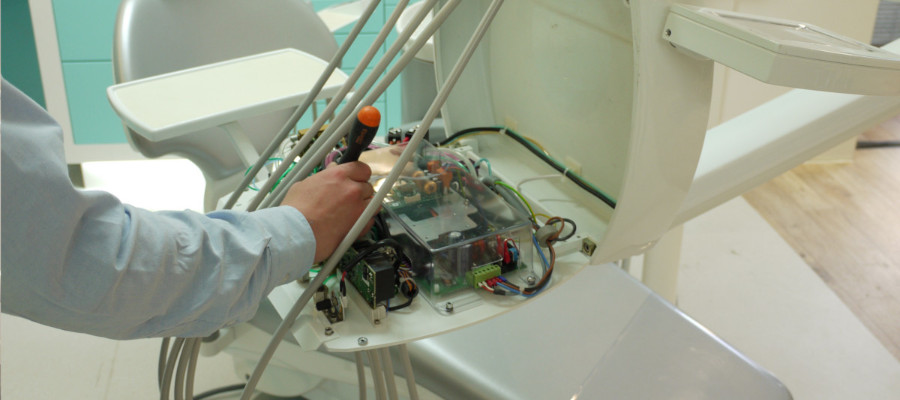
As dental equipment engineering experts, we understand the importance of maintaining the electrical, mechanical and pneumatic components of dental equipment.
Our role in assembling, installing, modifying and servicing this equipment is vital to ensuring that patients and professionals alike are safe from faulty equipment.
One of the most critical services we offer is our emergency call-out service. If a piece of equipment fails unexpectedly, we are committed to attending to repair calls as quickly as possible.
However, if you find yourself in urgent need of an engineer, you can take advantage of our emergency service. For more information, visit our article on Emergency Engineers and Call-Outs.
No job is too big or small for our team. We can carry out everything from pressure vessel and air compressor inspections to setting up full practice servicing programs.
Additionally, as part of our role, we conduct Portable Appliance Testing (PAT) on the equipment to ensure that it meets regulatory standards.
We stay current with new developments in the field by studying technical manuals, attending training sessions provided by manufacturers and researching repair part lists.
Furthermore, we make sure to advise your staff on the correct operation and maintenance of your equipment.
Our goal is to maximise operational efficiencies and deliver truly valuable experiences for dentists, staff and patients alike.
One of the best ways to ensure the reliability and longevity of your equipment is through annual servicing by our experienced and trained engineers.
Through regular check-ups and preventative maintenance, they can diagnose malfunctions in both existing and newly purchased equipment using manufacturer service kits and specialised test and analysis instruments.
A planned preventative maintenance (PPM) schedule not only helps to prevent equipment failure but also ensures compliance with Care Quality Commission (CQC) guidelines.
For a deeper understanding of the importance of dental equipment servicing, check out our article “Do I Need to Have My Dental Equipment Serviced?“.
Training staff on the proper use and maintenance of equipment is equally important.
Our engineers will always offer training and a hand-over session for newly installed equipment and provide free, unlimited technical support with a same-day response if needed.
In addition to annual servicing, it’s also important to conduct regular inspections and audits of your equipment. This includes creating a detailed list with notes of any problems, repairs and replacements.
Sharing these audits with our service team can also aid in minimising the chances of breakdowns and increase our ability to respond promptly when needed.
We go beyond maintenance and simply ‘fixing problems’ to ensure each piece of equipment you rely upon is performing at the highest levels, with minimum downtime, to help enable your dental practice success and boost staff and customer satisfaction.

I have used them for the first time in recent months for a complicated project in carrying out a practice refurbishment. Eclipse were meticulous and brilliant. Very knowledgable engineers and a beautiful finish to my practice. They really are a family based business who will look after you. Very professional company and will definitely keep using them.

I had my 2 surgery practice completely stripped out and services repositioned with new flooring, new equipment and redecorated. They kept to the agreed time scale and we were up and running in our state-of-the-art new surgery. Thank you Eclipse and I will be using your services again.

I did a lot of research looking for a dental fit-out company before I came across Eclipse Dental. They designed the surgery exactly the way I wanted it to look which suits my requirements perfectly. The final result was phenomenal, just phenomenal!

The engineers that attend our practice are very knowledgeable and always act in a professional manner. If we have an emergency situation John Boyt always tries his best to fit us in. I have no hesitation in recommending Eclipse Dental Engineering to you for all your servicing and breakdown needs.

Eclipse listened to my ideas, they added a lot to them and improved my initial design. They had loads of realistic and creative ideas for a 21st century dental practice! Two surgeries were refurbished on time without any interruption of our clinics.

We would highly recommend the awesome Eclipse team who guided us through the design process, finishing touches and colour schemes. Their ability to combine build works with equipment and dental engineering makes it so much easier and better value.

I am very pleased with the result, it is of a high quality and surpassed my expectations, on the strength of the work done I commissioned some extra wall cabinetry. The whole process was hassle-free and I would be very happy to recommend Eclipse to my friends in the business.
We used Eclipse recently in an emergency as we had equipment failure. They were very quick to respond to our call and were able to get us working again within 2 hours. The engineer was very friendly and professional and I would highly recommend this company.

I would like to express my gratitude to you and your team for your professionalism and prompt response when our dental chair packed up. You attended the same day, removed the damaged chair and installed a rental to allow us to continue practising.
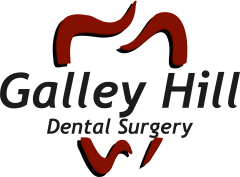
Having dealt with many fit-out companies over the years, Eclipse Dental has been one of the most professional, dependable and sincere companies I have ever worked with. I would not hesitate to use their services again.
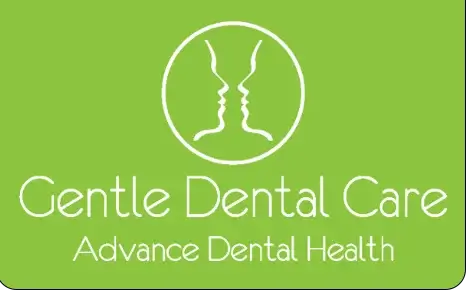
Excellent service, Eclipse have worked tirelessly for us and have always come out same day if we have a problem stopping us working. Thanks to all at Eclipse.
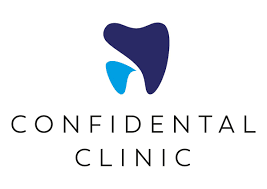
Their awareness of CQC regulations regarding equipment relocation and our necessity to minimise downtime was brilliant. We would like to recommend Eclipse Dental to anyone considering a refurbishment or relocation.
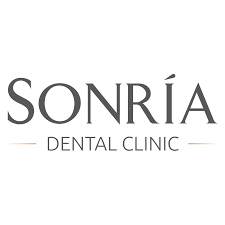
Very happy with the service and reliability of the team. From the beginning to the end, everyone was always helpful and very kind. I definitely will recommend Eclipse Dental!

I liked how swiftly the projects were done. Everything was managed, everything was timed and everything was coordinated. And every day we saw something happening. It was very exciting.

The quality of craftsmanship was exceptional—the cabinetry, flooring and all custom elements were made precisely to our specifications and aligned perfectly with our vision for the space.

Brilliant. Just professional! Complete refit of surgery. Flawless.

The boys did well! We didn’t give them much time to prepare but they did a great job, extremely pleased.

We have had the chairs for some time now and are happy with them. They serve what we need them for. The aftercare service is excellent

Eclipse are very flexible and listen to your needs. We are very impressed with the quality of workmanship they delivered. I would not hesitate to continue recommending Eclipse.
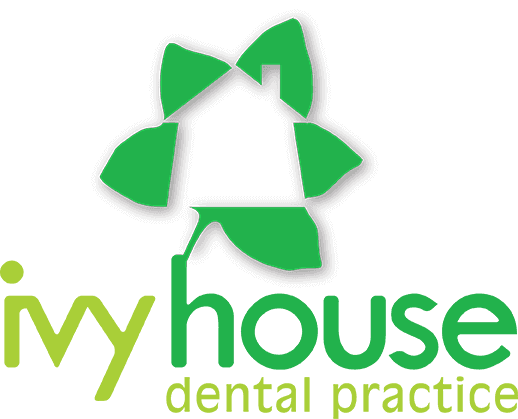
Eclipse were always accommodating of any requests and would always go the extra mile. I look forward to working with them for many years to come.

We are delighted with the end result. The practice looks good and, more importantly, works ergonomically and efficiently.